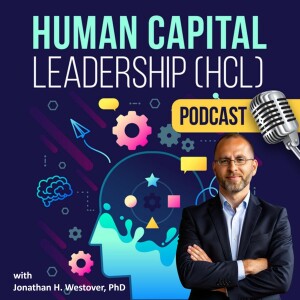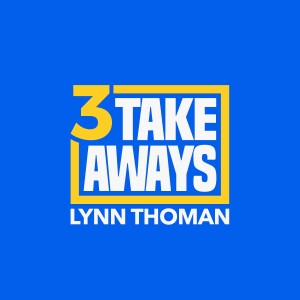Michael is the CEO of Foxford Capital a strategic financial advisory and investment firm. He is also a General Partner at Eastward Capital Access Fund, a late-stage venture debt fund, serves on several Boards including the board of Veritiv Corporation, a public company where he is the chair of the Audit Committee, iAnthus Capital Holdings, Epicenter Experience, and he serves as a member of the board of advisors to Dubai-based Botho Emerging Markets Group. Michael has also been a guest lecturer at Harvard Business School since 2011.
In this episode he discusses different roles boards and board members play and the importance of treating being a board member as a job.
Quotes:
Relationship between Board and Management
“I think fundamentally having an open channels of communication where the board is free to express their perspective and opinions and advice is ideal, and this is beyond just a pure governance role.”
Big Ideas/Thoughts:
I want to just get back to the amount of time you're spending as chair of the audit committee. We talk a lot on some of these podcasts about the fact that being a board member is a job. When boards are seeking new members, they often write job descriptions, and that's an appropriate thing to do. This job, chair of a public company audit committee, takes ten percent of your available time, which is something like twenty days a year. So not only is it a job a job – but it definitely not a nine-to-five job!
Risk assessment
I think boards tend to be risk averse in the sense that their role is to safeguard the assets of the enterprise, a role, it's not necessarily the only role.
The general approach is to look at enterprise risk, financial risk, operational risk, anything that could impair an asset or create liabilities for the company. In general, what that often entails is looking at a heat map, which would identify all the various vulnerabilities a company could face and then trying to assess the likelihood of that occurrence taking place as well as the severity. So, depending on where the high risk, high severity initiatives come into play, the focus would be on trying to mitigate those risks from a risk management perspective.
Yes, but the job of a really effective board is to consider how aggressive a company should be in taking risk - not just avoiding risk. How much risk is a company willing to accept, how much should it accept, in creating value for its stakeholders.
Relationship between Board and Management
It’s important that the management team and the CEO are comfortable reaching out to an individual board member or multiple board members to bounce ideas off of them or discuss thorny issues that they're facing to try to get perspective on whether that board member has encountered the particular issue or what advice they may have outside of a formal board setting.
More Episodes
All Episodes>>Create Your Podcast In Minutes
- Full-featured podcast site
- Unlimited storage and bandwidth
- Comprehensive podcast stats
- Distribute to Apple Podcasts, Spotify, and more
- Make money with your podcast












